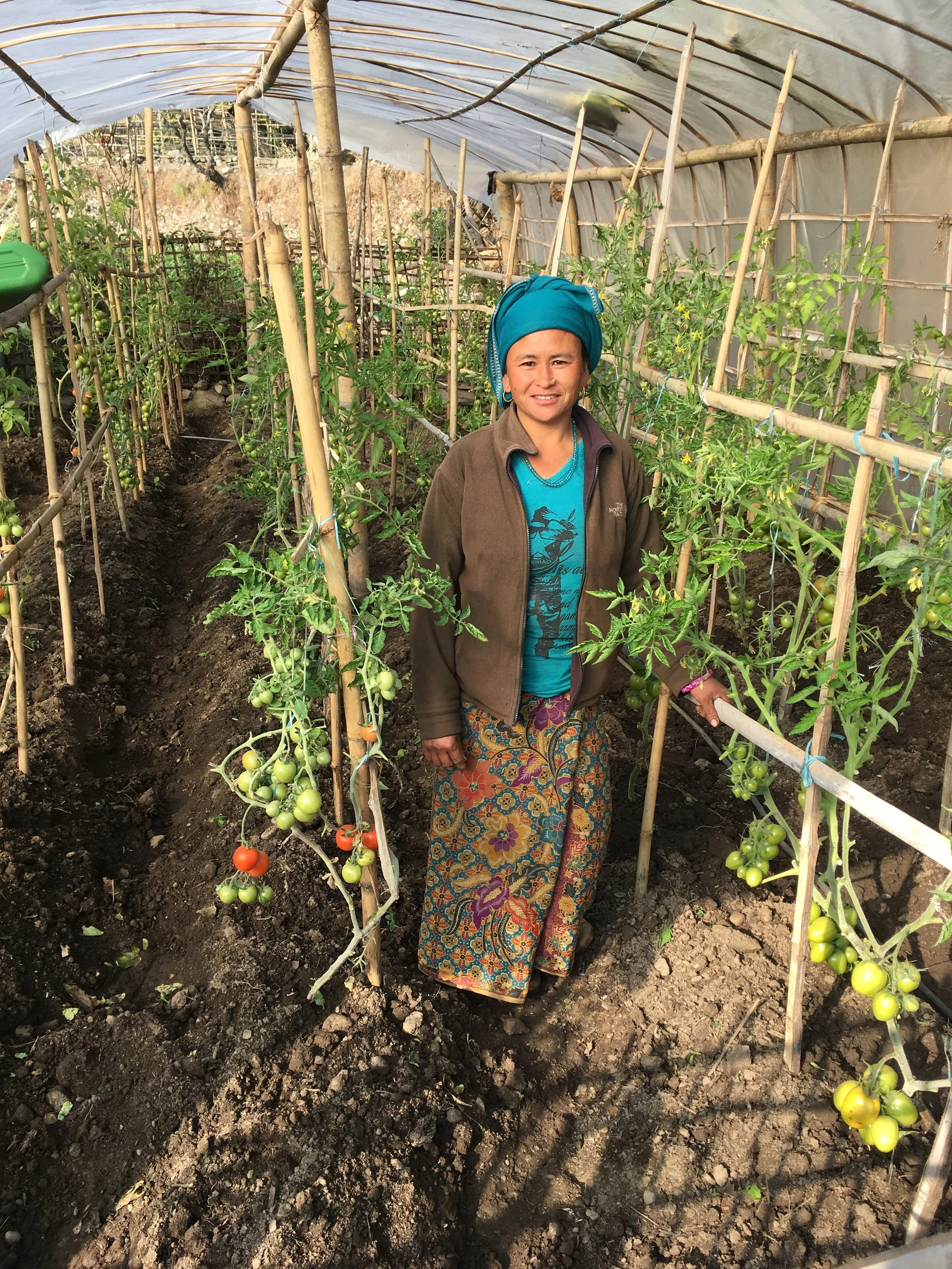We are doing a piece of research at the moment looking into how (and how much) the UK's leading Environmental organisations are talking about Climate Change Adaptation.
Before we started, our hunch was that there would not be a whole lot to look at. We've now analysed over 700 articles and the results are not hugely surprising. The full report is still a little way off, but it is not all bad news and we wanted to share some good news with you now.
Friends of the Earth have an excellent position on adaptation
Under their 'who we are' section, Friends of the Earth (FoE) set out their 'policy positions' on a number of key issues. Scroll down a bit and you'll find their position on Climate Change Adaptation. It's great. Here are some of the key statements they have made:
We need to minimise how climate change affects people and nature. We also have a responsibility to help the most vulnerable to cope.
Here is one of their 'facts about climate change adaptation'. It is stark reminder of the size of the political and economic challenges we all face:
Developing countries don’t have the resources they need to adapt. Far too little is being done, so at least 1,000 times more money must be invested.
(AT LEAST) ONE THOUSAND TIMES MORE. Wow.
The Glacier Trust would be an entirely different organisation if we had 1,000 times more resources available to enable climate change adaptation in Nepal. Maybe, we'll find out what that feels like one day. That day can only be closer if Environmental NGOs start applying pressure on the policymakers and purse string holders. Will FoE lead the charge?
Ways to adapt
Continuing this theme, under 'ways to adapt', they make a number of suggestions, including:
Give tens of billions of pounds more to help climate adaptation overseas. The UK, with other wealthy countries, has been most responsible for causing climate change. Developing countries have contributed very little to the problem. We must take responsibility.
As a supporter of The Glacier Trust, you are way ahead of the curve here. Every time you donate to us, offer your support as volunteer, or share news of what we are doing you are taking that responsibility. Thank you.
At COP 21 in Paris, adaptation was given the same level of priority as mitigation for the first time. Signatories also agreed to increase their collective level of funding for adaptation and mitigation to USD 100 billion/year by 2020. As a movement, we need to ensure that 50% of that funding is directed towards adaptation to help those who most need it. This is why it is so encouraging to see FoE making such a strong call.
Another 'way to adapt' listed by FoE highlights the vital role that women play in creating and sustaining adaptations:
Involve more women in climate change adaptation plans. Women have particular experience and understanding of adaptation needs, yet research shows their voices are often unheard.
We recently heard news from Deusa AFRC about their new board and advisory committee. Gender equality has not yet been fully reached, but it is a priority policy area for the centre. They have strict equality rules that govern who is selected for the board and committee. Women are playing an increasingly prominent and important role in Deusa, they are definitely not 'unheard' and it is benefiting the whole community as they continue to find new ways to adapt to Climate Change.
The FoE statement ends (like all good webpages) with a call to action. Confusingly it reads 'Protect our climate, ban fracking'. It is not that that is not a good idea, or a worthy campaign, but it doesn't quite tally with their list of 'ways to adapt' which call for investment in adaptation. How long until FoE have a headline campaign on Climate Change Adaptation?


